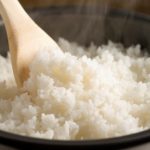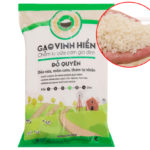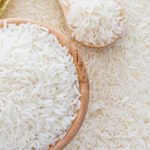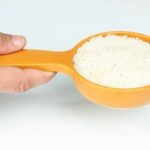There have been many debates surrounding the issue of rinsing rice before cooking. Some believe that rinsing rice excessively removes important nutrients such as fiber, vitamins, iron, zinc, etc. that are beneficial for the body. On the other hand, not rinsing rice may not effectively remove dirt and impurities stuck on the grains. So which viewpoint is correct?
Why should rice be rinsed before cooking?
According to Thanh Nien newspaper citing an article from The Conversation (Australia) on a recent study conducted by the Beijing University of Business and Technology (China), rinsing rice or not has no impact on the stickiness and texture of the cooked grains.
The stickiness and texture of rice grains do not depend on the surface starch but on another type of starch called amylopectin, which forms during the cooking process.
However, the research team found that rinsing rice multiple times is still necessary. Rinsing rice not only helps wash away remaining dust and bran but also insects and other impurities. This is especially important in places where the rice milling and processing processes may not be meticulous.
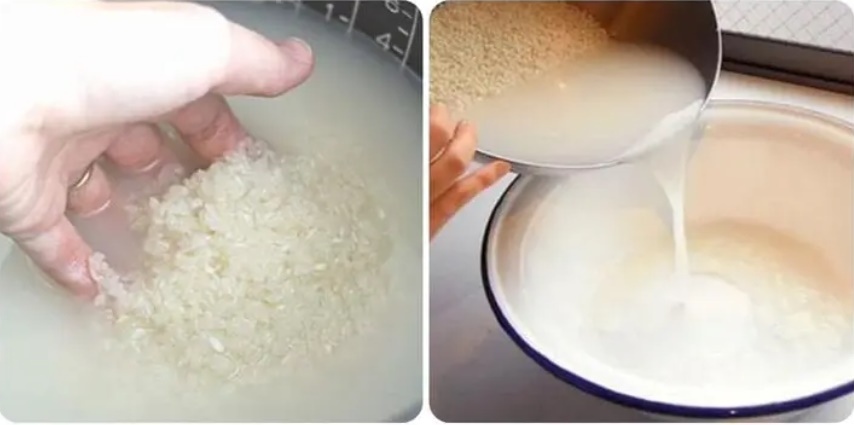 Moreover, rinsing rice also effectively washes away microplastic particles in the rice. The study showed that regardless of the type of plastic packaging, they all leave a certain amount of microplastic particles in the rice. Rinsing rice can help reduce up to 40% of microplastic particles in rice.
Moreover, rinsing rice also effectively washes away microplastic particles in the rice. The study showed that regardless of the type of plastic packaging, they all leave a certain amount of microplastic particles in the rice. Rinsing rice can help reduce up to 40% of microplastic particles in rice.
Previous studies also indicated that rice contains a relatively high level of arsenic, as the plants absorb more arsenic as they grow. Rinsing rice has been proven to remove around 90% of bioaccessible arsenic.
In addition, rinsing rice does not reduce the number of bacteria present in it. These bacteria will be destroyed during the cooking process.
What is more concerning is the process of storing “cooked rice at room temperature” that we commonly refer to as leftover rice.
Is it safe to eat leftover rice?
According to Iflscience citing Evangeline Mantzioris, Program Director of Food Science and Nutrition at the University of South Australia, cooked rice does not eliminate spore-forming bacteria known as Bacillus cereus from rice grains.
If leftover rice is left for too long, this can activate spore-forming bacteria to start growing. These bacteria then produce toxins that can cause gastrointestinal diseases.
Therefore, it is important to avoid leaving rinsed rice for too long without further processing and to limit consumption of leftover rice that has been sitting for a certain period of time.
Source: VTC News
DIY Natural Skin Lightening and Brightening Using One Serving of Rice
Are you curious about the great skincare benefits that rice can offer? From providing a healthier, more luminous complexion, to acting as a powerful antioxidant, there are many advantages to using this natural ingredient. Let’s delve into the remarkable properties that rice has to offer.
























